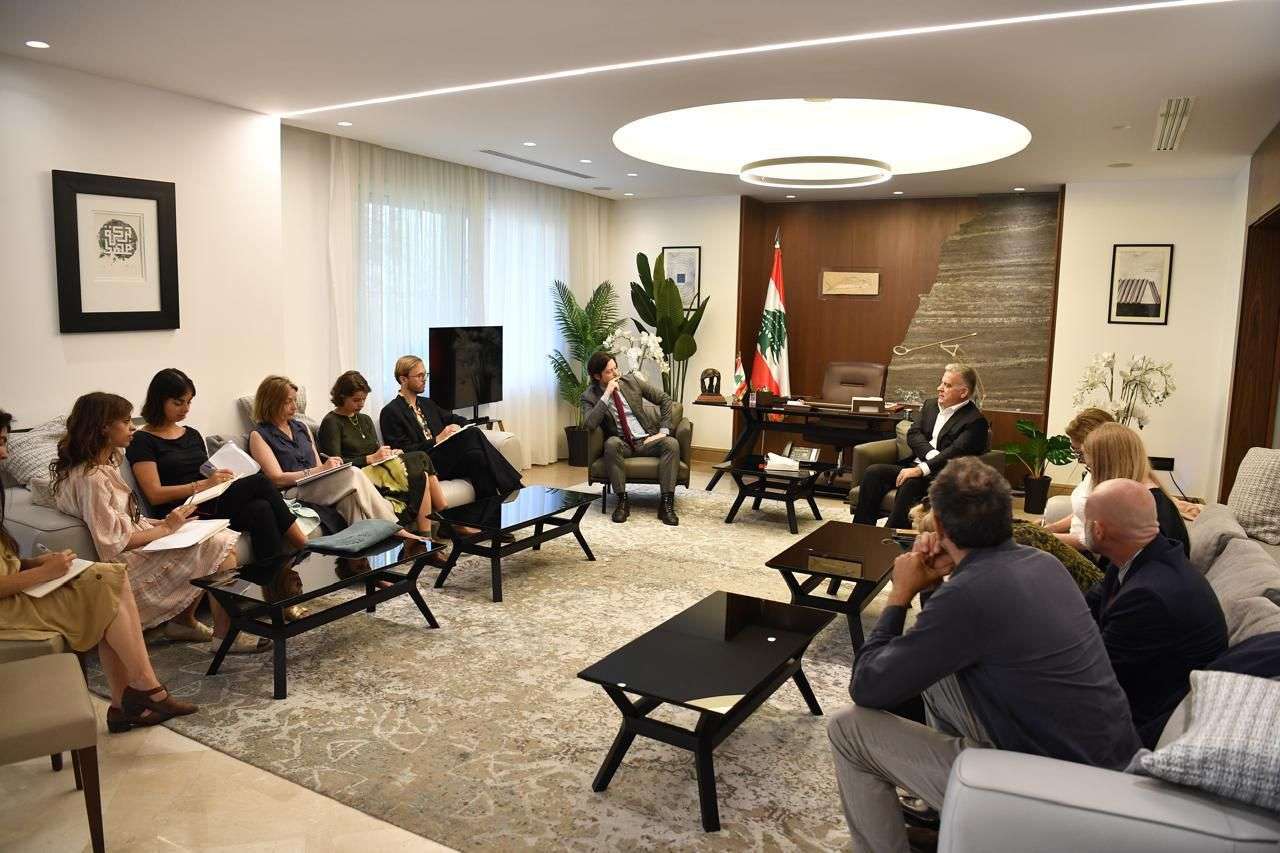Biden Administration Halts Restrictions on Which Foreigners Americans Can Debate
The recent conflict between the U.S. government and the Foundation for Global Political Exchange highlights significant tensions surrounding free speech and counterterrorism regulations. The Biden administration initially sought to restrict certain speakers from a planned conference in Lebanon, arguing that individuals on the U.S. Treasury’s economic sanctions and terrorist lists could not participate. The Treasury’s Office of Foreign Asset Control (OFAC) had interpreted the hosting of these individuals as providing a “service,” which would be illegal under U.S. sanctions, even though no financial exchanges were involved. However, after legal action was taken, OFAC reversed its position, stating that merely hosting a speech does not constitute a prohibited service, thereby affirming the First Amendment rights of Americans to engage in dialogue with foreign persons.
The Foundation for Global Political Exchange evolved from the Beirut Exchange, a series of conferences initiated by American researcher Nicholas Noe in 2008 amid Lebanon’s civil unrest. The goal of these conferences has been to foster dialogue among Lebanon’s politically diverse factions, often allowing competing political figures to debate their views without resorting to violence. Notably, attendees have included speakers from the Hezbollah party and other rivals, as well as victims of violence linked to Hezbollah, showcasing the platform’s commitment to encouraging robust and sometimes contentious political discourse.
Despite the foundation’s belief that its events were protected by the First Amendment, concerns arose regarding the government’s broad interpretation of its regulatory authority after incidents where platforms like Zoom halted discussions involving controversial figures deemed terrorist-associated. The Foundation sought clarification from OFAC, revealing its planned conference would feature several sanctioned individuals. In response, OFAC denied a specific license that the foundation had applied for, leading to further scrutiny over whether U.S. economic sanctions were being used as a tool to censor free speech, especially academic and journalistic discourse.
Historical precedents exist for government actions limiting speech in the context of counterterrorism, such as a 2010 Supreme Court ruling that upheld restrictions on Americans meeting with designated terrorist organizations for the purpose of teaching peaceful conflict resolution. Similarly, in 2021, the U.S. Department of Justice shut down websites of Iranian-affiliated news outlets based on sanctions, despite the lack of transparency around those actions. This history raised alarms about the implications for freedom of the press, wherein journalists might be curtailed from engaging with foreign individuals who might be classified as undesirable by the U.S. government.
The complexity of the Beirut Exchange case presented a new angle, as it centered on the notion that the very audience engaged by these speakers held intrinsic value that fell under sanctions. This problematic logic suggested a potential chilling effect on journalists and scholars, who often require interaction with individuals from unsavory backgrounds to fulfill their roles. The vagueness of such regulations posed risks for the broader landscape of discourse, making it feasible for the government to impose restrictions on various forms of engagement based on undefined terms of national security.
In light of these events, the legal challenge by the Foundation for Global Political Exchange and the subsequent settlement represent a crucial win for free speech advocates. The Knight First Amendment Institute’s involvement underscored the significance of ensuring that Americans retain the right to interact with diverse international voices, particularly at a time when many governments are leveraging national security arguments to suppress critical dialogue. As stated by Knight Institute attorney Anna Diakun, this case reaffirms the principle that the government cannot dictate which ideas and opinions are permissible for American citizens to access or discuss, protecting the foundation of democratic discourse in the face of sweeping counterterrorism strategies.
Share this content:












Post Comment